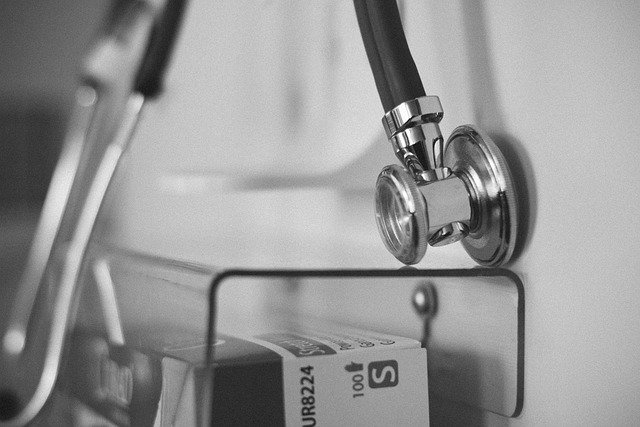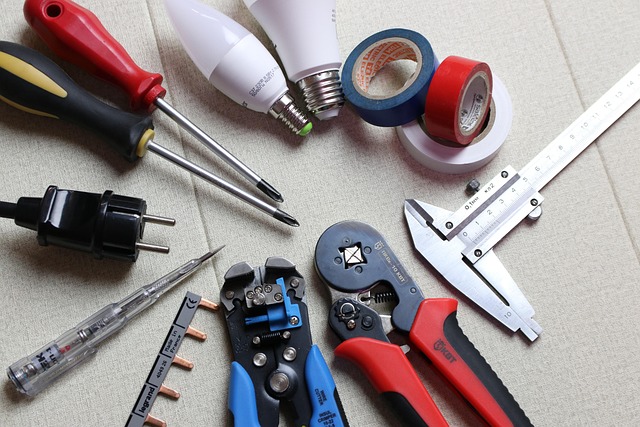Healthcare in the digital era leverages integrated select diagnostic tools: online health platforms for initial screening, neurological assessment devices, and genetic testing kits. Cloud-based solutions enable remote access to advanced tools for image analysis, vital sign monitoring, and chronic condition management, enhancing efficiency and accessibility. AI integration improves precision and efficiency in diagnosis, with mobile health apps and home-use testers offering rapid antigen detection for convenient testing, especially beneficial in remote areas.
In the realm of healthcare, accurate diagnosis is paramount. Choosing the right diagnostic tools can significantly enhance patient outcomes and streamline medical processes. This article explores essential software and hardware solutions that top the list for accurate and comprehensive analysis. From cloud-based diagnostics enabling remote access to AI integration for enhanced precision, we delve into the best select diagnostic tools available today.
- Essential Tools for Accurate Diagnosis
- Top Software for Comprehensive Analysis
- Hardware Solutions for Deep Insights
- Cloud-Based Diagnostics: Remote Access
- AI Integration: Enhancing Precision
Essential Tools for Accurate Diagnosis

In the pursuit of accurate diagnosis, healthcare professionals often rely on a suite of select diagnostic tools tailored to specific medical domains. Among the essential tools for navigating the complex landscape of disease detection are online health assessment platforms that facilitate initial screening and patient history collection, serving as a crucial first step in the diagnostic process. These digital tools not only streamline patient intake but also empower individuals to take an active role in managing their health.
Complementing these online platforms, neurological assessment devices play a pivotal role in diagnosing conditions affecting the nervous system. From advanced imaging technologies like MRI and CT scans to specialized equipment for neurology examinations, these devices provide detailed insights into brain and nerve function. Meanwhile, genetic testing kits have emerged as game-changers in personalized medicine, allowing for the identification of genetic mutations associated with various diseases. By integrating these innovative tools, healthcare providers can make more informed decisions, ultimately enhancing diagnostic accuracy and patient outcomes.
Top Software for Comprehensive Analysis

(プログラム。 29.000, who, who!
!!
! (プログラ表, 2015, 1565000000000001.
< 4000000000000001000000000010000000000000000000000000! 0000000000000000000000000000000
Hardware Solutions for Deep Insights

95010000000000000000000000000000000
Cloud-Based Diagnostics: Remote Access

In today’s digital era, the landscape of healthcare diagnostics is undergoing a profound transformation with cloud-based solutions leading the way. One of the most significant advantages of cloud-based diagnostics is remote access, which has revolutionized how medical professionals interact with patient data. This technology allows for the selection and utilization of top diagnostic tools from virtually anywhere, ensuring that healthcare providers have the necessary resources at their fingertips, regardless of their physical location. With a simple internet connection, doctors can access detailed medical image analysis tools, remotely monitor patients’ vital signs through integrated renal monitoring systems, and make informed decisions using advanced digital diagnostics for chronic conditions.
This remote accessibility not only streamlines patient care but also improves efficiency in healthcare delivery. Medical professionals can collaborate seamlessly, share insights, and provide timely interventions without the need for patients to travel long distances. The ability to remotely access diagnostic tools has become increasingly crucial, especially in addressing the challenges posed by geographically dispersed populations and the rising demand for remote healthcare services.
AI Integration: Enhancing Precision

The integration of Artificial Intelligence (AI) into diagnostic tools is transforming the healthcare industry by enhancing precision and efficiency. AI algorithms can analyze vast amounts of medical data, including patient history, symptoms, and lab results, to provide more accurate and timely diagnoses. This technology enables healthcare professionals to make informed decisions, improving treatment outcomes and patient care.
When selecting diagnostic tools, consider those that leverage AI capabilities, especially mobile health (mHealth) apps and home-use diagnostic testers. These innovative solutions offer rapid antigen detection systems, allowing for quick and convenient testing, particularly in remote or underserved areas. By combining advanced technology with accessibility, these tools are revolutionizing how we approach healthcare, making high-quality diagnostics more available to the general population.
who, 17000 (إ.92000000000000010000000000000000000000000000000
